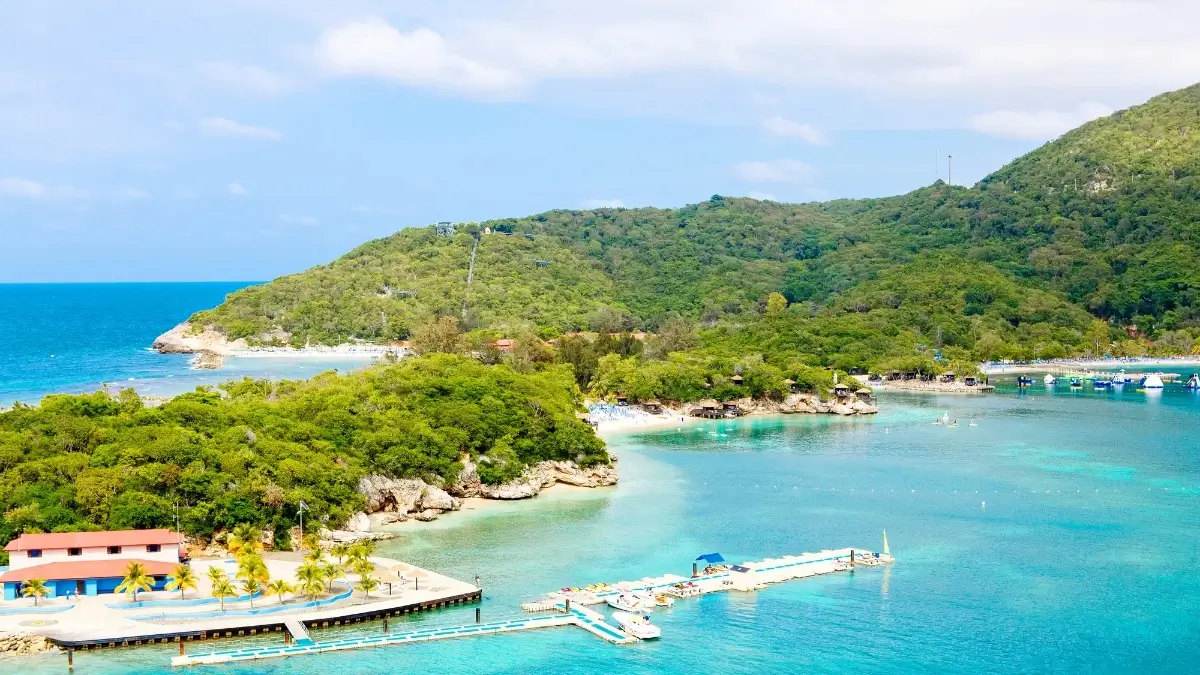Nestled in the Caribbean Sea, Haiti is a country with a rich and complex history. While its recent focus has been on rebuilding and recovery from devastating natural disasters, the landscape of digital rights, free speech, and technology is an area that is gradually gaining attention.
In Haiti, freedom of speech is technically guaranteed by the constitution. However, the practical implementation of this right can be complicated. There have been instances where journalists and bloggers have been targeted or threatened due to their work. No specific laws pertaining to online misinformation exist in Haiti and ISPs typically do not filter traffic. However, in 2018, there was a notable incident when the Haitian government imposed a nationwide Internet shutdown during times of civil unrest, highlighting the government’s potential willingness to control or restrict digital spaces when deemed necessary.
Regarding peer-to-peer sharing and torrenting, Haiti does not enforce copyright laws as stringently as some other countries. There are no specific laws against the use of torrents and torrent websites, and access to popular streaming platforms is generally available. However, the digital landscape of Haiti is hampered by infrastructural challenges and limited Internet access, which significantly impacts the reach and efficacy of these platforms.
Government surveillance is not commonly reported in Haiti. It’s also worth noting that Haiti is not part of any international surveillance alliances like the ‘Nine Eyes’ or ‘Fourteen Eyes’. As for data retention laws, Haiti has no specific mandates that require ISPs to store user data for a certain period.
On privacy protection, Haiti does not currently have a comprehensive framework. While the constitution does provide for the right to privacy, this does not seem to extend explicitly to the digital sphere, and no significant steps have been taken by the government to raise awareness or to protect its citizens’ privacy in the online realm.
The use of VPNs is not banned in Haiti and can be a practical tool for individuals to protect their online privacy and secure their data, especially in the absence of comprehensive data protection laws. As with many other tools and technologies, their effectiveness is somewhat limited by the country’s broader challenges with Internet access and infrastructure.
In summary, while Haiti has a constitutional framework that nominally protects freedoms of speech and privacy, the enforcement and practical realization of these rights within the digital realm is far from assured. The lack of comprehensive data protection laws and potential willingness of the government to control digital spaces during times of unrest are particular areas of concern. Haiti could take lessons from its neighbor, the Dominican Republic, which has a more comprehensive legal framework for digital rights. As Haiti continues to recover and rebuild, addressing these challenges could help ensure a freer, safer digital future for its citizens.
See also:

Leave a Reply